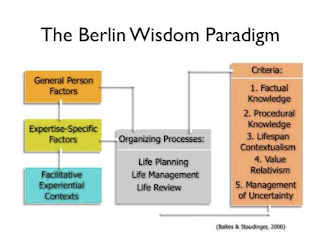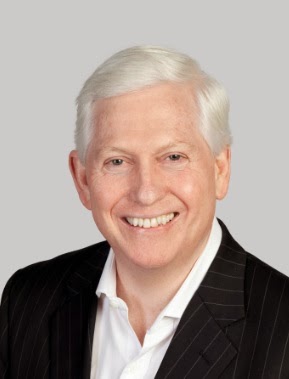
How do you make a good decision without too much emotional bias? There are two decision making strategies,
vigilant and
hypervigilant. Under a vigilant decision making process the decision maker:
* Thoroughly scans all available information,
* Scans information in a systematic and sequential manner,
* Devotes a consistent amount of attention to each data point, and
* Reviews all alternatives before making a decision.
Research suggests that in the real world a hypervigilant decision making process is actually more effective. The decision maker:
* Scans only that information needed to make an assessment,
* Scans information in any sequence,
* Rapidly attends to selected data points, and
* Reviews needed information only when required.
The idea is to get more flexible in your decision making strategies. Work out when it’s best to use a simpler, hypervigilant strategy, and when the situation and available time allows you to apply a more analytical vigilant decision making process.




























